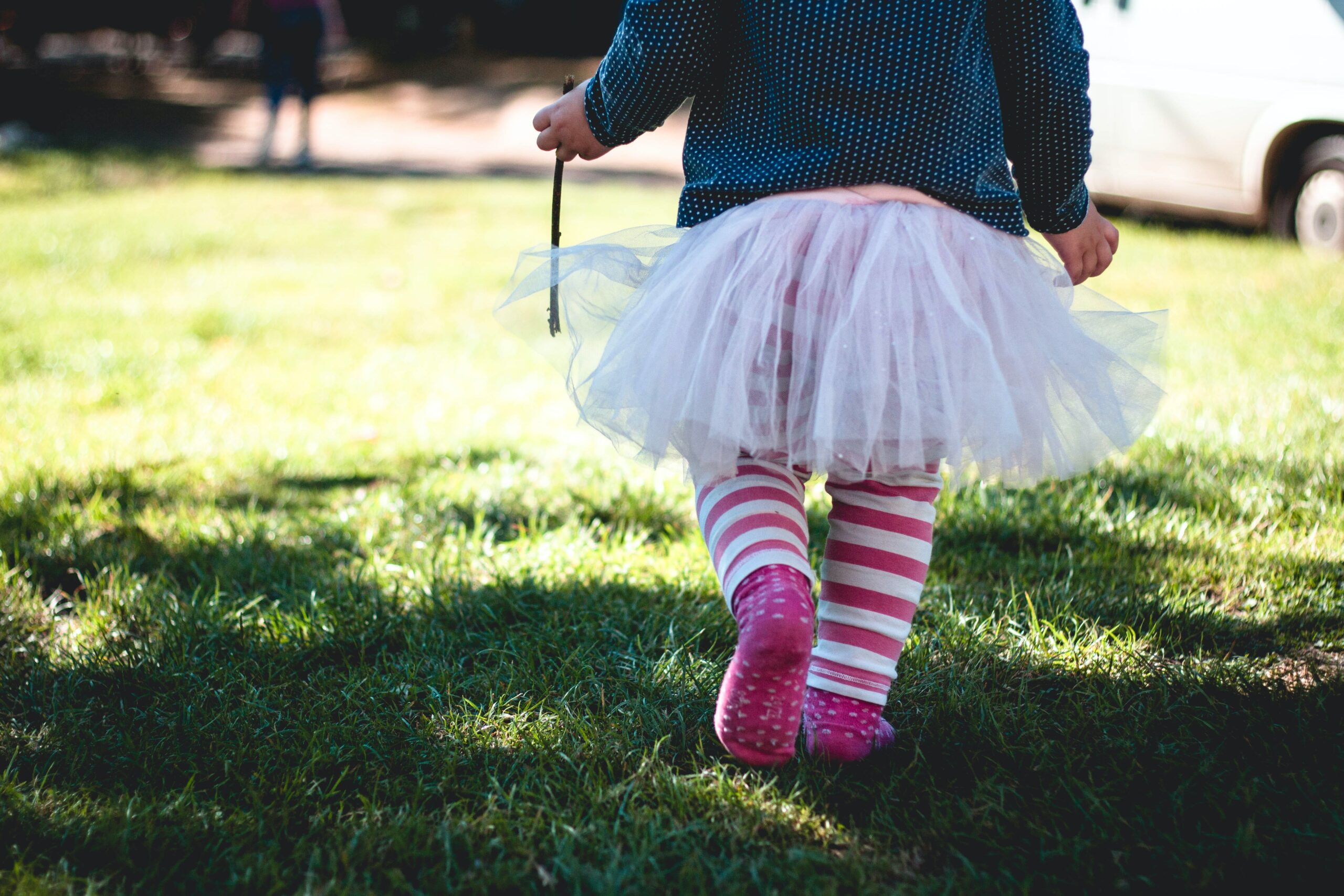From the moment of childbirth, we are faced with the responsibility of nurturing our baby in a way that maximizes his or her opportunity to grow into a well-adjusted, content, functioning member of society. Nothing can truly prepare us for this task, and it doesn’t help that we are bombarded with so many books and theories about parenting that all of a sudden each decision we make seems so crucial, as if one wrong move could damage our baby for life!
Lucky for us, our children are not that fickle and it is actually possible to simplify our role as parents in the early days. Let me introduce you to attachment theory. The essence of attachment theory is that primary caregivers who are available and responsive to their infant’s needs foster a sense of security in their child (Bowlby, 1958). A securely attached child feels comfortable exploring the world when safe to do so and knows his or her caregiver will be available if needed. As parents we all need to aspire to developing a secure attachment bond with our baby; a secure attachment is essential for adequate social and emotional development and impacts the way our children function as adults.
So how do we do this?
Below is a guide that introduces you to some key factors necessary for fostering a secure attachment bond with your baby.
1. Consider your own experience of being parented
Whether we like it or not, the way we were parented is often the way we end up parenting our children. But this doesn’t have to be the case if you commit to reflecting on your own childhood experiences, particularly with respect to opportunities for emotional support and independence. Was someone available to provide you with comfort when you needed it, and were you encouraged to explore the world? This kind of reflection could happen on your own or with the help of a professional. By making sense of your past you place yourself in the best position to make informed decisions about the parent you want to be and importantly, to be responsive to your baby’s needs.
2. Tune in to your own emotions
While we sometimes believe we can hide our babies from our own stress, our nonverbal cues inadvertently tell our babies how we are feeling. Additionally, stress interferes with our ability to connect with our baby and make sense of his or her behaviour. Feelings of stress, anxiety and depression are common in parenthood, and the good news is that with the right support they can be addressed in a timely manner that reduces the impact on our children (and us!). By tuning into our own emotions and learning how to best manage them we are more able to put aside our own feelings and preoccupations, which can influence our understanding of our baby’s needs from moment to moment.
3. Make sense of your baby’s cries and nonverbal behaviour
Commit to being a curious observer of your baby as you support his or her curiosity and exploration of the world. By observing our children we learn about the cues they send when they want comfort, when they need space, and when they want us to engage with them. Our babies have separate minds to us and so we need to try our best to understand their thoughts and feelings, and consequent behaviour. With this understanding we can help them to make sense of the world by putting words to their experience. And remember, it is impossible to spoil a baby when they indicate a need for attention or comfort.
4. Allow yourself to enjoy your baby
Our babies provide us with endless opportunities for joy and delight. By sharing such experiences with our babies we join them in their quest to discover the world as well as deepen our connection with them. When playing with our babies it is often tempting to take control, to initiate activities. Notice when this is happening for you, and allow yourself to take a step back and let your baby take the lead. Your baby will tell you when he or she wants you to be involved. When your baby seeks your attention, allow yourself to mirror and even exaggerate his or her emotional response. This helps your baby understand his or her own emotions and that these feelings belong to him or her.
No parent is perfect. We all misread cues from time to time, particularly when we are distracted by our own thoughts or feelings. What is most important is that we are open to noticing when this happens, to repairing misjudgment, and tuning in once again to our babies so we can give them what they are telling us they need.
If you have any concerns or wish to seek out professional advice, please contact the PANDA helpline on 1300 726 306 or Lifeline on 13 11 14. For more information on developing a secure attachment bond go to www.circleofsecurity.net.

